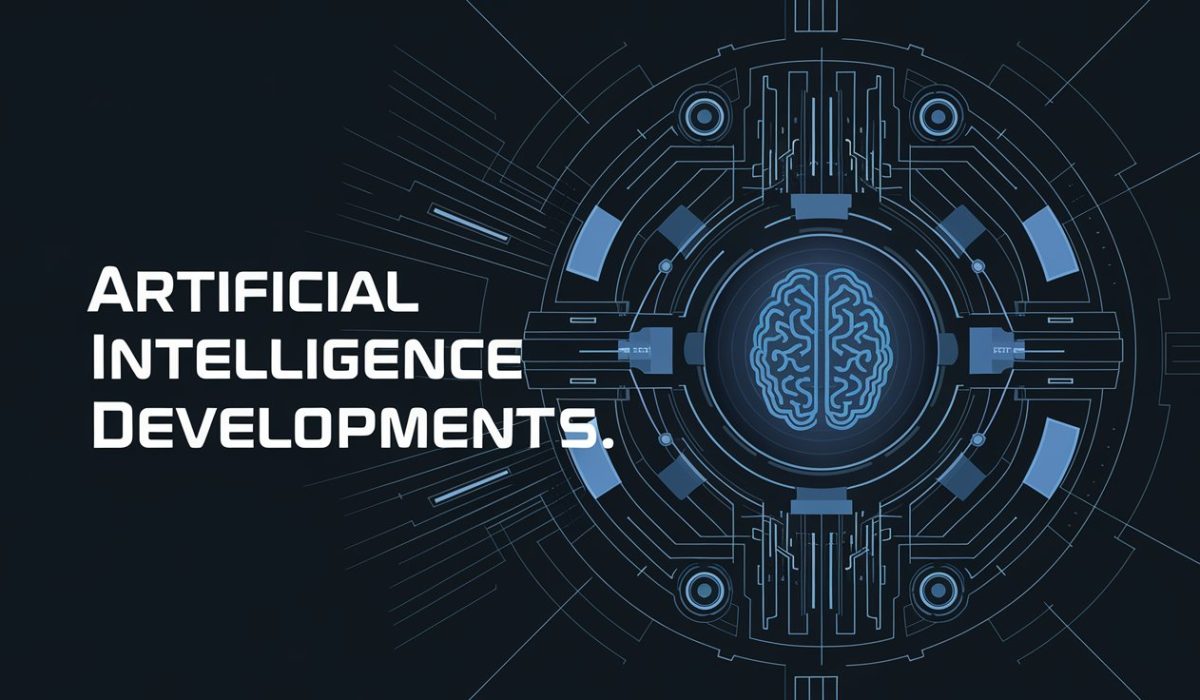Artificial Intelligence Developments: What’s Shaping the Future?
Artificial Intelligence (AI) continues to revolutionize various industries, transforming how we live, work, and interact with technology. From machine learning to natural language processing, the rapid advancements in AI are setting new benchmarks. In this post, we’ll explore some of the latest AI developments and their implications for the future.
1. Advances in Machine Learning
Machine learning, a core subset of AI, has seen remarkable progress in recent years. Algorithms are becoming more sophisticated, allowing computers to learn from data with minimal human intervention. This has led to advancements in areas like image recognition, speech analysis, and predictive modeling. As machine learning models evolve, they are being implemented across healthcare, finance, and retail, enhancing decision-making processes and efficiency.
2. Natural Language Processing (NLP) Breakthroughs
NLP, the technology that allows machines to understand and generate human language, has improved dramatically. With the rise of AI models like OpenAI’s GPT-4, AI systems can now hold human-like conversations, write coherent text, and even translate languages in real-time. These advancements are enhancing virtual assistants, customer service bots, and content creation tools, making interactions more seamless than ever before.
3. AI in Healthcare
One of the most promising applications of AI is in healthcare. AI-driven diagnostic tools are helping doctors identify diseases earlier and with greater accuracy. Additionally, AI is being used to personalize treatment plans, analyze medical imaging, and even predict patient outcomes. With these innovations, healthcare providers can deliver more precise and effective care, leading to better patient outcomes and lower costs.
4. Autonomous Vehicles
The development of AI-powered autonomous vehicles is another significant breakthrough. Companies like Tesla, Waymo, and Uber are pushing the boundaries of self-driving technology, aiming to create safer, more efficient transportation. While fully autonomous vehicles are not yet mainstream, the continuous refinement of AI algorithms brings us closer to a future where human intervention in driving could be minimal.
5. AI Ethics and Responsible AI
As AI technologies evolve, so do concerns about ethics and responsibility. Issues like data privacy, bias in algorithms, and the potential misuse of AI have become hot topics. Tech companies and governments are now focusing on creating ethical frameworks for AI development, ensuring that AI is used responsibly and for the benefit of society as a whole. Transparency and fairness in AI decision-making are essential as the technology becomes more integrated into our daily lives.
6. AI in Creative Fields
Surprisingly, AI is making strides in creative fields like art, music, and content creation. Tools powered by AI can generate music compositions, produce digital art, and even assist in writing books. While some argue that creativity is inherently human, AI’s ability to augment and inspire creative processes cannot be denied. These advancements offer new possibilities for collaboration between humans and machines in the creative space.
Conclusion
Artificial intelligence is progressing at an unprecedented pace, with developments in machine learning, healthcare, autonomous vehicles, and even creative fields. As we continue to innovate, it’s crucial to also focus on ethical AI practices to ensure that these technologies benefit society as a whole. The future of AI holds exciting opportunities, and staying informed on these advancements will be key to adapting to the changing world.
